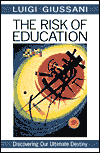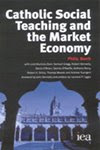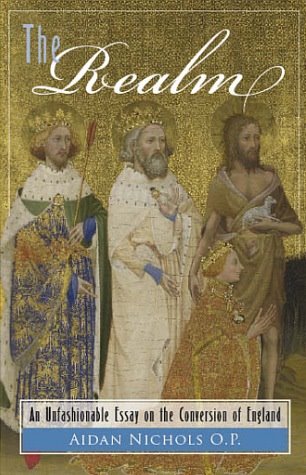The Wreck of Western Culture
 John Carroll's The Wreck of Western Culture was published in 2004. In it, he traced out the progress of modern thought through art, and the corresponding erosion of the spiritual and moral imagination of the West. The cover illustration is a reproduction of Holbein's The Two Ambassadors, featuring a distorted skull floating ominously in the foreground, hinting at the failure of a purely human culture to address the spectre of mortality.
John Carroll's The Wreck of Western Culture was published in 2004. In it, he traced out the progress of modern thought through art, and the corresponding erosion of the spiritual and moral imagination of the West. The cover illustration is a reproduction of Holbein's The Two Ambassadors, featuring a distorted skull floating ominously in the foreground, hinting at the failure of a purely human culture to address the spectre of mortality.
Carroll's point about 'stories' and their power to stimulate or erode moral and spiritual imagination is crucial. I just finished reading Vigen Guroian's Rallying the Really Human Things, and Guroian makes a similar point in his essay on Russell Kirk.
This is the Age of Stories now. The Age of Argument is gone. How many times have we heard a member of Parliament weigh up the pros and cons of, say, embryonic stem cell research, only to fall back onto a story about a relative who died painfully, and conclude that the research must proceed, irrespective of any arguments. The story carries conviction, the arguments do not.
Doctrine still matters, now more than ever. But as James Schall has said many times, Catholicism has never been so intellectually coherent as it is today, yet it has never been so culturally marginal. More is required than argument and doctrine.





No comments:
Post a Comment